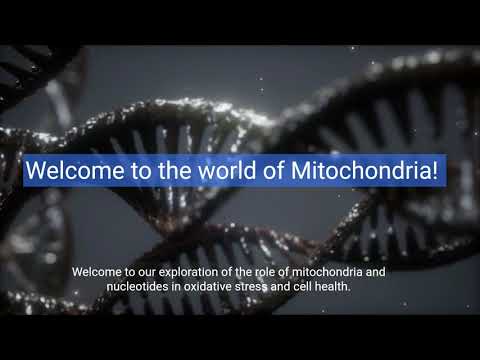Nucleotides, oligopeptides, and amino acids play important roles in various functions within the mitochondria:
1. Nucleotides: Nucleotides are essential for mitochondrial DNA replication and repair. They also serve as building blocks for ATP synthesis through the process of oxidative phosphorylation. Adenine nucleotides, such as ATP (adenosine triphosphate) and ADP (adenosine diphosphate), are key currency molecules for energy transfer within the mitochondria.
2. Oligopeptides: Oligopeptides are short chains of amino acids and are involved in mitochondrial protein synthesis. They are necessary for the proper folding and assembly of mitochondrial proteins, which are vital for mitochondrial function and energy production.
3. Amino acids: Amino acids are the building blocks of proteins, and proteins have numerous important roles within the mitochondria. They are involved in various processes such as oxidative phosphorylation, the electron transport chain, ATP synthesis, and mitochondrial membrane transport. Amino acids also contribute to the synthesis and regulation of key molecules, including enzymes and transporters that support mitochondrial function.
Overall, nucleotides, oligopeptides, and amino acids have diverse roles within the mitochondria, ranging from energy production and protein synthesis to quality control and regulatory functions. Their presence and proper utilization are crucial for the optimal functioning of this vital cellular organelles.
source
The Role of Mitochondria and Nucleotides in Oxidative Stress and Cell Health



